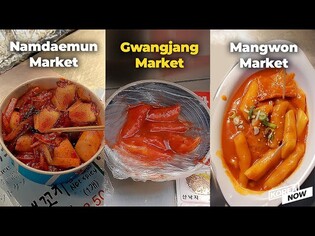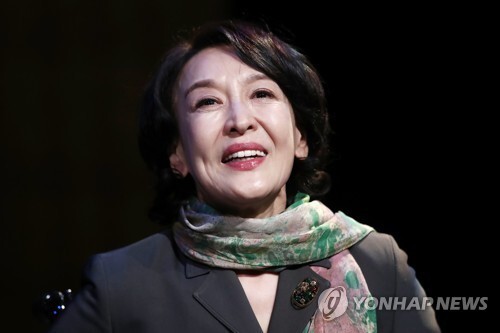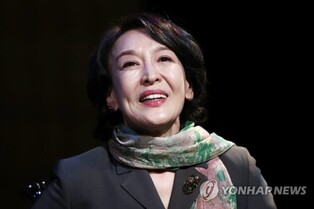BOK rate policy-full text
Full text of BOK statement on monetary policy decision in January
SEOUL, Jan. 13 (Yonhap) -- The following is the full text of the Bank of Korea's statement on its monetary policy decision. The central bank's monetary policy board voted Friday to raise the key interest rate by 25 basis points to 3.5 percent.
The Monetary Policy Board of the Bank of Korea decided today to raise the Base Rate by 25 basis points, from 3.25 percent to 3.50 percent. The Board judges that the additional 25 basis points hike is warranted to ensure price stability, as inflation still remains high and is projected to be above the target level for a considerable time, although the domestic economic growth rate is expected to be below the November forecast.
Currently available information suggests that the global economic slowdown has continued, affected by ongoing high inflation and the resultant policy rate hikes in major countries, although inflation is starting to slow due to the decline in global oil prices. In global financial markets, the U.S. dollar has continued to weaken due to the adjustment to the pace of the U.S. Federal Reserve's policy rate hikes and prospects of strengthening monetary tightening, such as at the European Central Bank. Looking ahead, the Board sees global economic growth and global financial markets as likely to be affected largely by the pace of global inflation slowdown, monetary policy changes in major countries and US dollar trends, developments in the Chinese economy after the easing of its COVID-19 restriction policies, and geopolitical risks.
Domestic economic growth has continued to slow with exports decreasing significantly and the recovery in private consumption weakening. Labor market conditions have generally continued to be favorable, but the decline in the increase in the number of persons employed has continued due to the economic slowdown. Going forward, domestic economic growth is expected to weaken, affected by the global economic slowdown and the increase in interest rates, and GDP growth for this year will be below the November forecast of 1.7 percent. As for the economic outlook, uncertainties regarding the pace of recovery in the Chinese economy and an economic slowdown in major countries are both judged to be high.
Consumer price inflation has remained high at 5.0 percent in December driven by accelerating price increases in processed food products, with the continuing effects of electricity and gas fee hikes, although increases in the price of petroleum products have moderated. Core inflation (excluding changes in food and energy prices from the CPI) has fallen slightly to within the lower-4 percent range, and short-term inflation expectations of the general public have slowed to the upper-3 percent range, but they have continued to stay high. Looking ahead, it is forecast that consumer price inflation will remain around 5 percent in January and February, but will gradually decrease due to the base effect and weakening pressures from the demand side. Consumer price inflation for this year is expected to be generally consistent with the November forecast of 3.6 percent. Uncertainty surrounding inflation forecasts is judged to be high, regarding the degree of economic slowdown at home and abroad, the size of the increases in electricity and gas fees and public utility fees, and movements of global oil prices and exchange rates.
In financial and foreign exchange markets, unrest has been eased by market stabilization measures and adjustments to the pace of the U.S. Federal Reserve's policy rate hikes. Long-term market interest rates have fallen, spreads on corporate bonds and commercial paper have narrowed, and the Korean won to U.S. dollar exchange rate has decreased significantly. However, high credit risk aversion is continuing among non-prime bonds and project financing asset-backed commercial paper (PF-ABCP). Household loans have continued to decrease, and the decline in housing prices has widened significantly across all parts of the country.
The Board will continue to conduct monetary policy in order to stabilize consumer price inflation at the target level over the medium-term horizon as it monitors economic growth, while paying attention to financial stability. The Board deems it warranted to maintain the restrictive policy stance with an emphasis on ensuring price stability, as inflation is expected to remain high above the target level, although the domestic economic growth rate has slowed. Meanwhile, the Board will judge whether the Base Rate needs to rise further while thoroughly assessing the economic downside risks and financial stability risks, the effects of the Base Rate raises, the pace of inflation slowdown, and monetary policy changes in major countries.
(END)
(C) Yonhap News Agency. All Rights Reserved
























![[가요소식] 존박, 8년만 단독 콘서트](/news/data/20251222/yna1065624915961730_125_h2.jpg)










